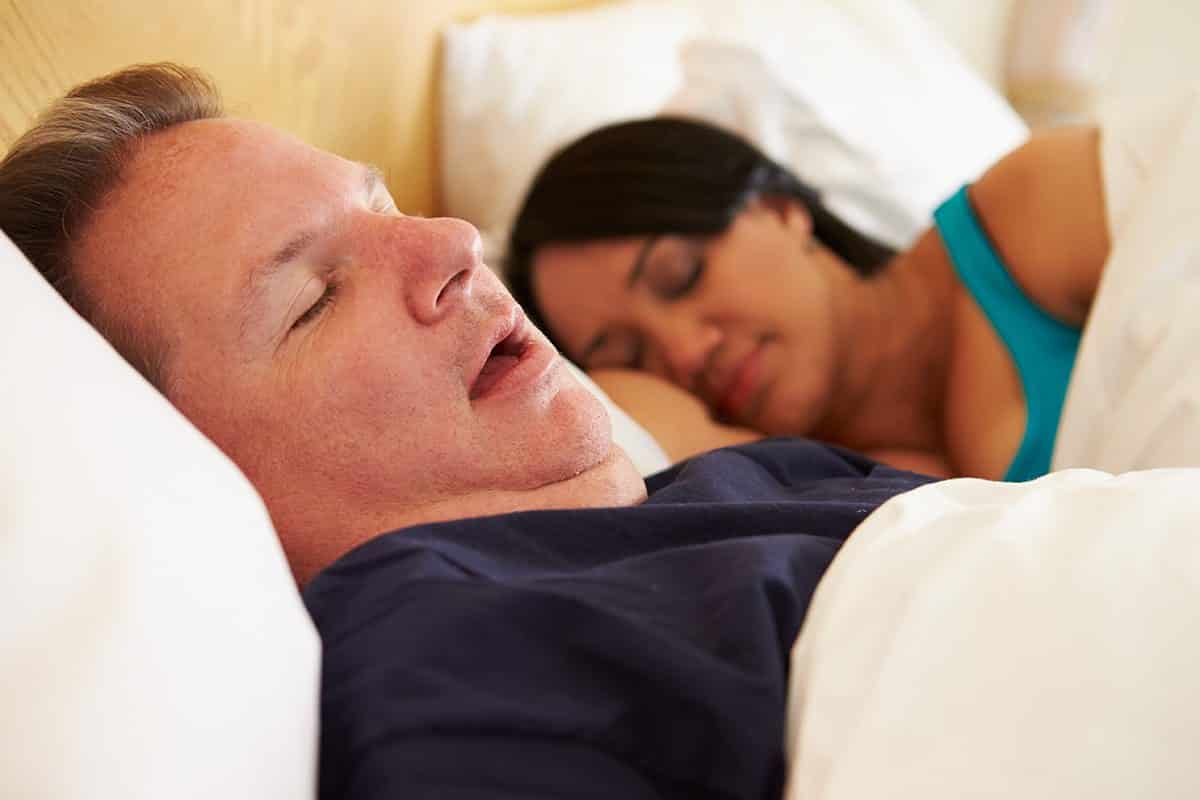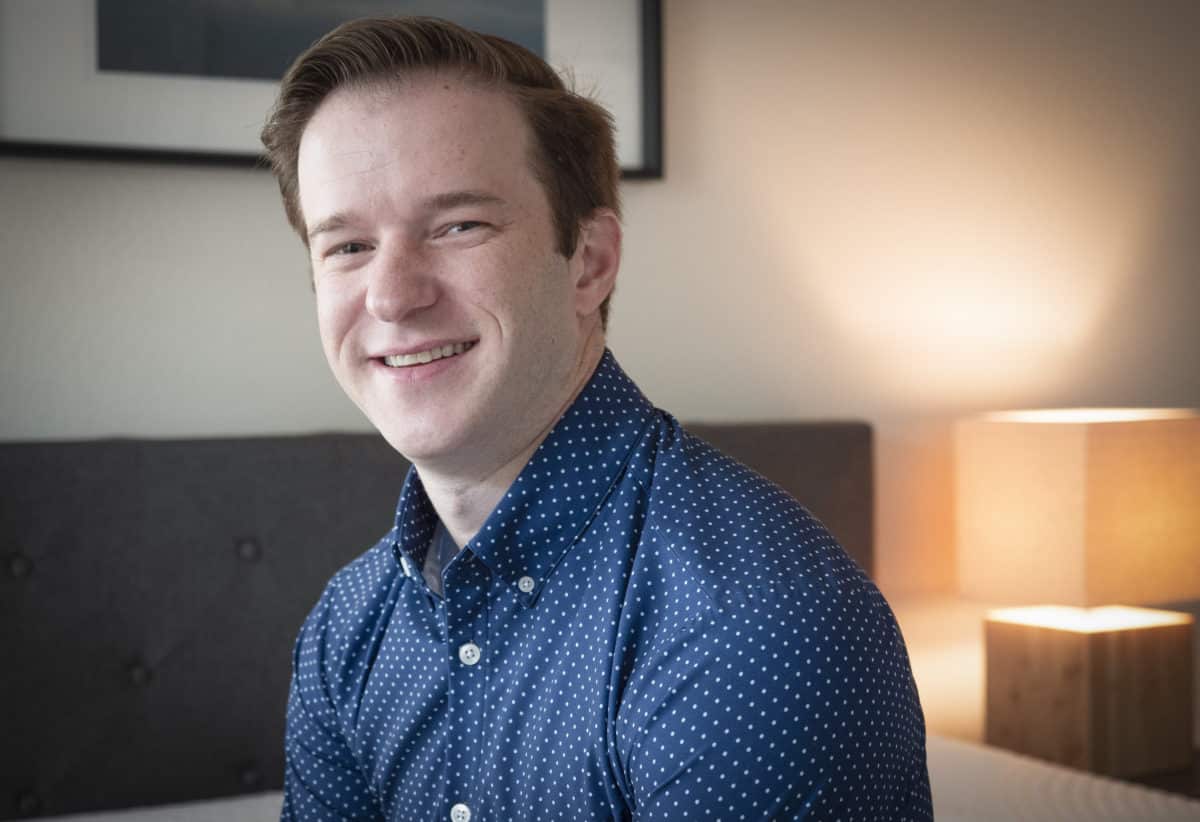We all know the major benefits of getting proper sleep. Increased energy, improved concentration, decreased stress and better memory are just a few reasons to make sure everyone is getting enough rest. And new research shows that people with poor sleep habits are more likely to be overweight.
Researchers from the Leeds Institute of Cardiovascular and Metabolic Medicine and the School of Food Science and Nutrition analyzed data from the UK’s National Diet and Nutrition Survey.
The 1,615 people surveyed reported how long they slept and what they ate, and researchers recorded their weight, waist circumference, and blood pressure. The study, published in the journal PLOS One, found that people who sleep less have a higher BMI and greater waist circumference.
[Editor’s Note: The information provided should not be considered a substitute for professional advice. Please consult a sleep doctor or other medical expert if one has questions related to one’s own health.]
 Monkey Business Images/Shutterstock
Monkey Business Images/Shutterstock
All study participants were between 19 and 65 years old, and those who reported sleeping for an average of six hours a night had a waist measurement 3cm (1.18 inches) greater than those getting an average of nine hours a night.
People who slept less were also heavier — for each extra hour of sleep, participants had 0.46 kg/m2 (0.20 lb/ft2) lower BMI values. Finally, shorter sleep was linked to reduced levels of HDL cholesterol — aka the “good” cholesterol that helps prevent heart disease.
“Because we found that adults who reported sleeping less than their peers were more likely to be overweight or obese, our findings highlight the importance of getting enough sleep,” researcher Laura Hardie said in a press release. “How much sleep we need differs between people, but the current consensus is that seven to nine hours is best for most adults.”
[Editor’s Note: The information provided should not be considered a substitute for professional advice. Please consult a sleep doctor or other medical expert if one has questions related to one’s own health.]
Featured Image: khomkrit sangkatechon/Shutterstock

